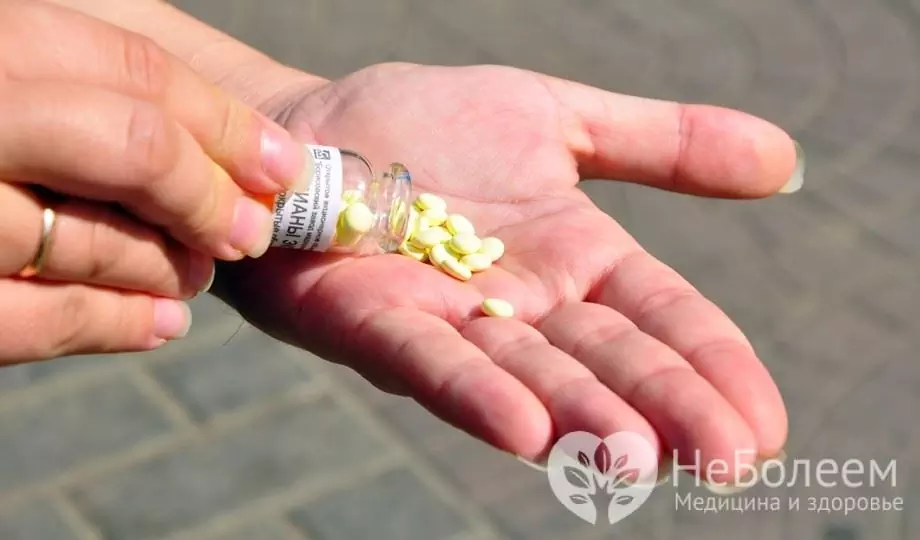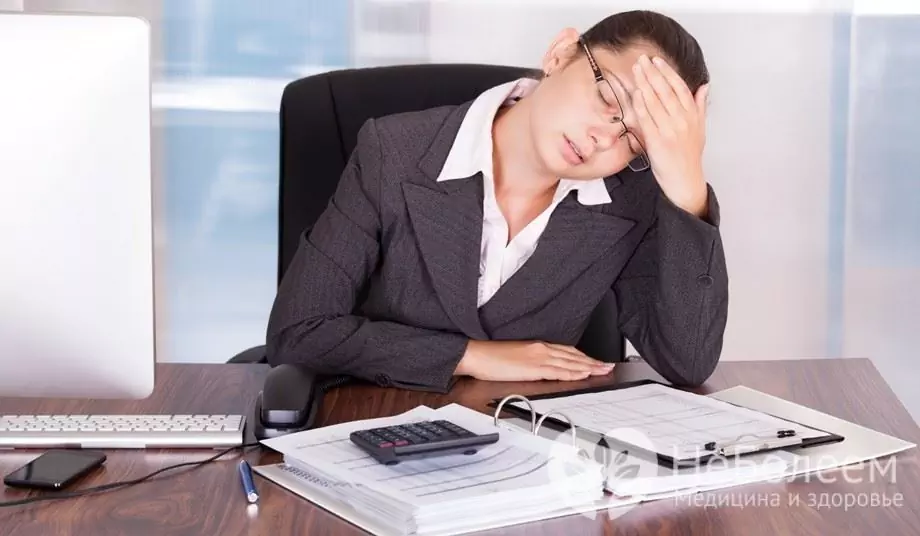- Author Rachel Wainwright wainwright@abchealthonline.com.
- Public 2023-12-15 07:39.
- Last modified 2025-11-02 20:14.
Valerian overdose
Alcohol extract or valerian tablets are available in any home medicine cabinet. The drug has a sedative, i.e. calming effect, helps well in stressful situations, improves sleep, reduces nervous tension, anxiety. Any dosage form of valerian can be purchased over the counter without a prescription, which gives many people the impression that the use of a traditional and widely popular remedy is completely safe and cannot harm their health. However, if the dosage is not observed, an overdose of valerian may develop.

Source: depositphotos.com
What dose of valerian is needed for an overdose?
The average daily dose of valerian is 200 mg, that is, an adult can safely take 1-2 tablets 3 times a day. Alcohol tincture of valerian roots can be taken 20-30 drops 3-4 times a day.
If the doses recommended by doctors are exceeded or the course of treatment is too long, an overdose may occur. It is impossible to name the exact doses that can cause it, for each person they will be different, depending on age, general health, and the characteristics of the central nervous system.
Signs of overdose
Signs of an overdose with valerian are usually not very pronounced, often patients do not attach importance to them, perceiving them as manifestations of fatigue, colds or intestinal diseases. You can suspect an overdose while taking valerian drugs by the following symptoms:
- nausea;
- heartburn;
- flatulence;
- loosening of the chair;
- drowsiness (in some cases, on the contrary, agitation);
- dilated pupils;
- hand tremor;
- dizziness;
- general weakness;
- decrease in working capacity;
- lowering, and with a significant overdose, an increase in blood pressure;
- decrease in heart rate;
- decreased concentration of attention;
- headaches that resemble a migraine attack.

Source: depositphotos.com
First aid for overdose of valerian
Most often, an overdose of valerian develops with prolonged use of the drug, due to its cumulation (accumulation) in the human body. In this case, it is enough to stop taking further tablets or alcoholic infusion.
If an overdose of valerian happened as a result of a single dose of too large a dose, and no more than 2-3 hours have passed since its intake, first aid should begin with gastric lavage. The patient needs to drink about 1 liter of water and induce vomiting.
If the last dose of valerian was taken more than three hours ago or an overdose happened in a child in the first years of life, the stomach should not be washed, and in the latter case it is contraindicated!
To reduce the absorption of valerian from the intestines, the victim should take a drug with a sorbing effect, for example Smecta or Polysorb.
Antidote
There is no specific antidote to valerian.
When is medical attention needed?
An overdose of valerian is almost always mild. First aid measures are usually sufficient to eliminate symptoms, the health condition of the victims quickly returns to normal and they do not seek medical help. Medical assistance is needed if:
- signs of overdose (or at least one sign) are pronounced;
- a large dose of the drug was taken by the child.
Treatment is aimed at the earliest possible elimination of the drug from the body and elimination of overdose symptoms.
Possible complications
An overdose of valerian does not lead to any negative long-term consequences. However, due to the fact that valerian has a pronounced inhibitory effect on the central nervous system, an overdose of its drugs in people whose work requires a quick and clear reaction, for example, in motor vehicle drivers, can lead to emergency situations.
It is quite dangerous to take valerian alcohol tincture for a long time and in large doses, especially for the elderly and adolescents. The tincture contains ethyl alcohol with a strength of 70 °, and therefore its uncontrolled use often leads to the formation of a special form of alcohol dependence, called pharmacy alcoholism.
YouTube video related to the article:

Elena Minkina Doctor anesthesiologist-resuscitator About the author
Education: graduated from the Tashkent State Medical Institute, specializing in general medicine in 1991. Repeatedly passed refresher courses.
Work experience: anesthesiologist-resuscitator of the city maternity complex, resuscitator of the hemodialysis department.
The information is generalized and provided for informational purposes only. At the first sign of illness, see your doctor. Self-medication is hazardous to health!






